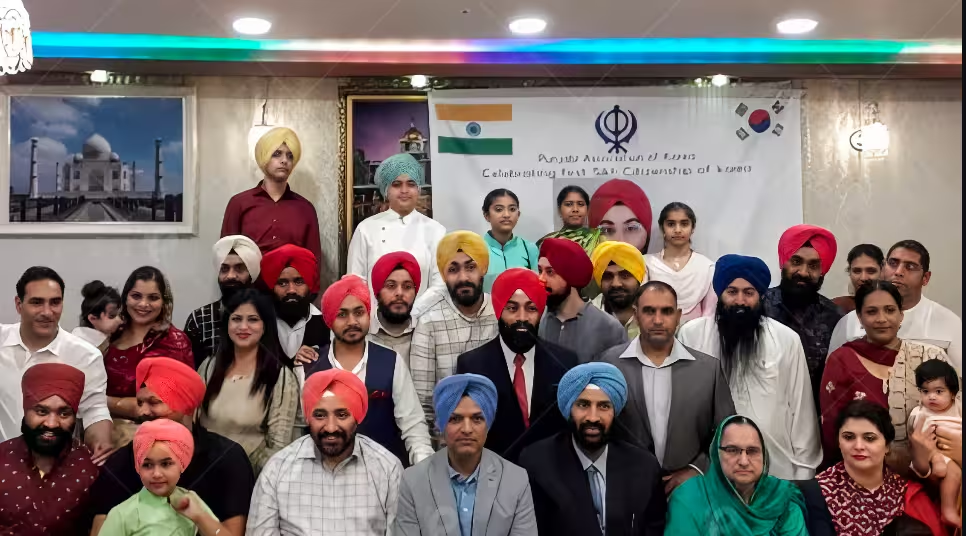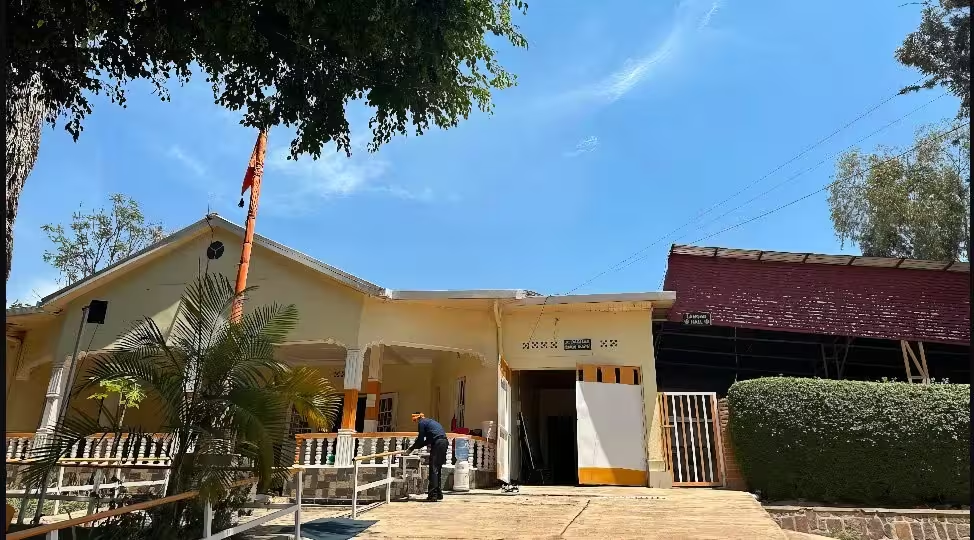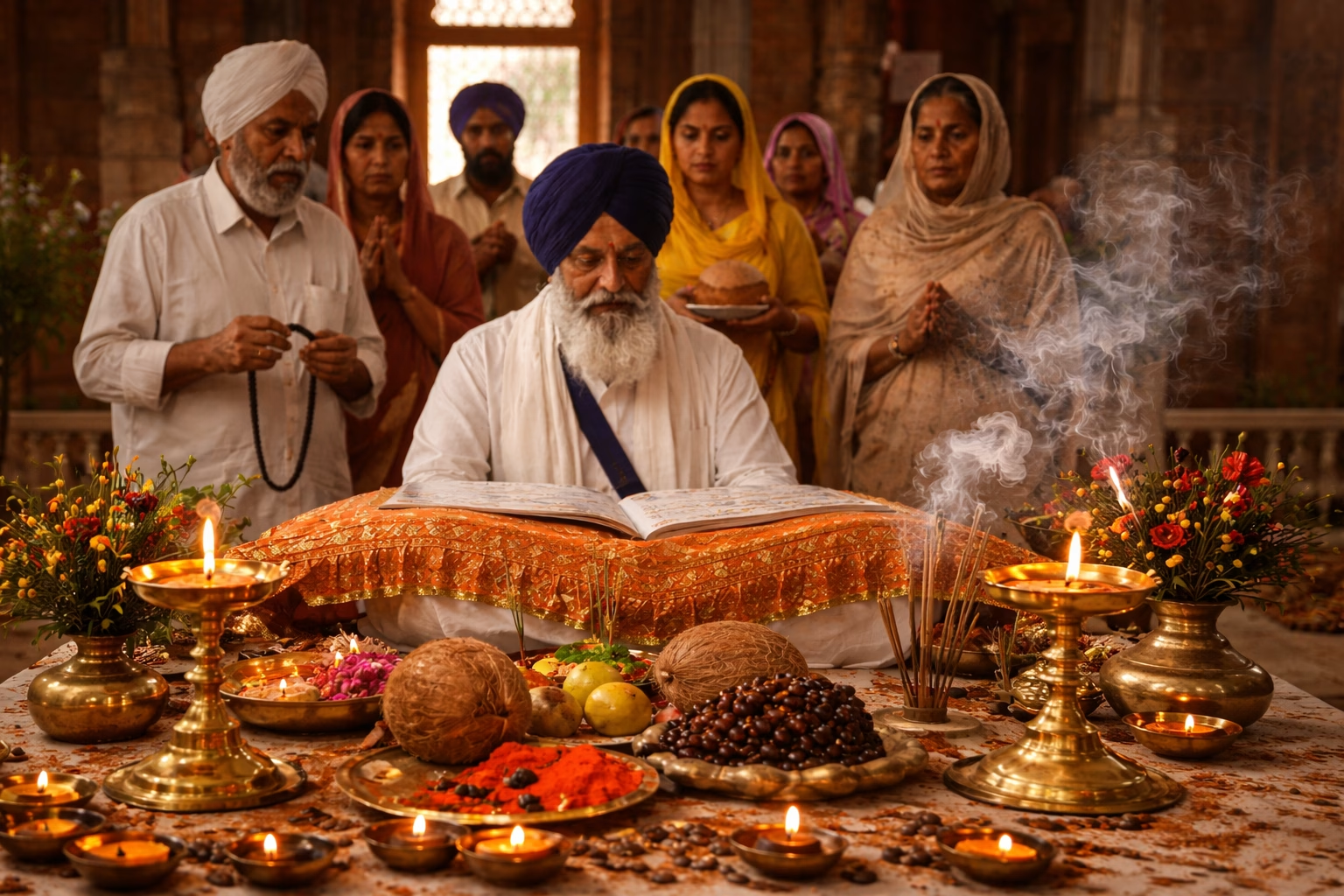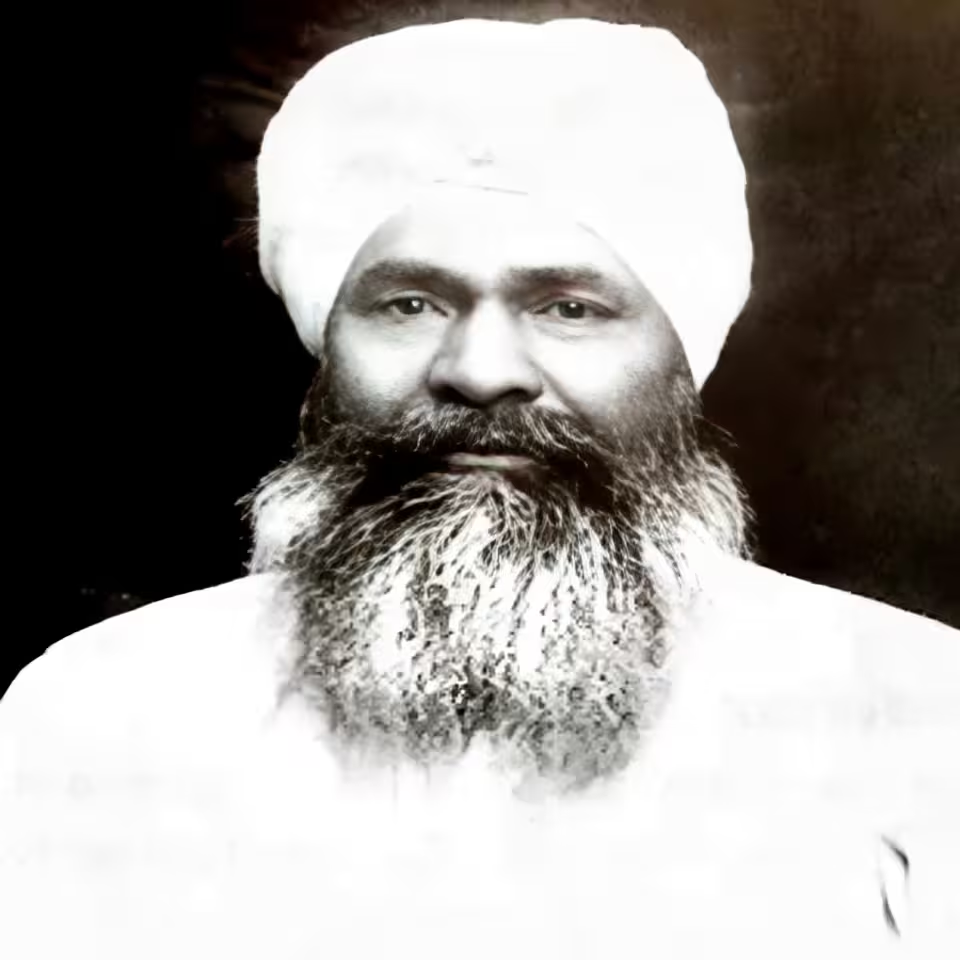
Potato King of USA - Baba Jawala Singh
Baba Jawala Singh, also known as Jawala Singh Thathian or Santa Singh, was a pioneering Sikh immigrant from a humble potter’s family, a successful farmer, and a revolutionary figure in the early 20th century.
Born in 1866 in the village of Thathian, near Beas in Amritsar district, Punjab, India, he grew up in modest circumstances. Economic hardship in colonial Punjab motivated him to seek opportunities abroad. Around 1905, he began his journey via Panama and Mexico, worked there, eventually arriving in San Francisco in 1908.
He rose to prominence in the United States as the “Potato King” due to his innovative farming techniques and sharp business acumen. His life exemplified the resilience of early Sikh settlers in America, who faced discrimination yet made significant contributions to community building and the Indian independence movement.
Singh’s active role in the Ghadar Party and his efforts in establishing key institutions—most notably the first Sikh Gurdwara in the United States—cemented his legacy as a trailblazer for Sikhs in the diaspora.
WikiPedia
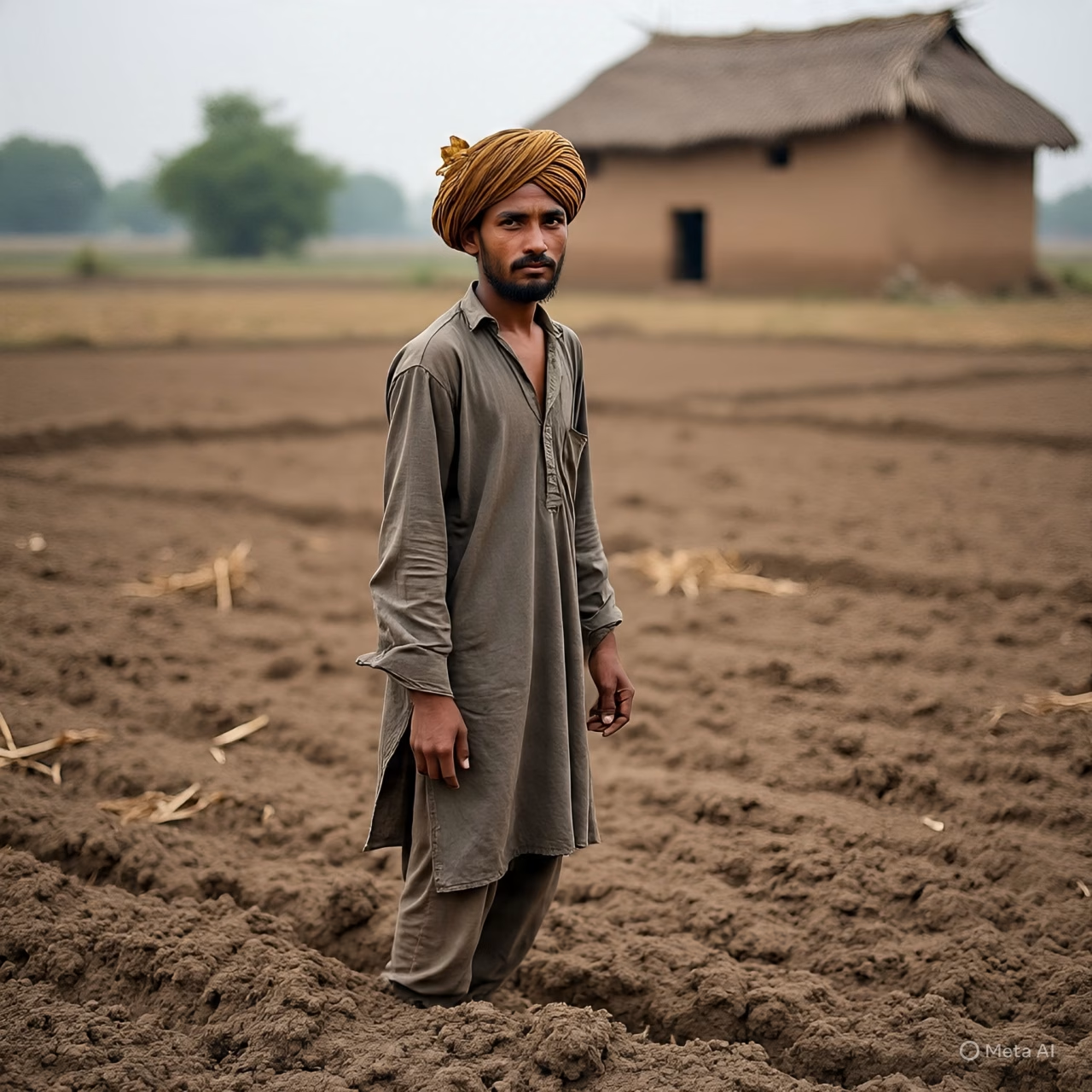
Early Life of Bawa Jawala Singh
Jawala Singh was born into a modest farming family during British colonial rule in Punjab. His father, Ghanaia Singh, was a small farmer struggling with high lease charges, exorbitant interest rates, and economic hardships imposed by the colonial administration. These challenges were widespread among Punjabi peasants, leading many to seek opportunities abroad. Little is documented about his childhood, but the socio-economic pressures of the era shaped his determination to improve his circumstances. Facing poverty, Singh left his village in search of better prospects, reflecting the broader wave of Punjabi migration at the turn of the century. Seeking a better future, he left India in 1905, taking a long route through Panama and Mexico before reaching San Francisco in 1908.
Farming families in Punjab during British colonial rule were poor due to several factors:
British policies, including heavy land revenue demands, exploitation by moneylenders, forced cultivation of cash crops, and limited irrigation, contributed to poverty among Punjab farmers.
Bharat Sandesh
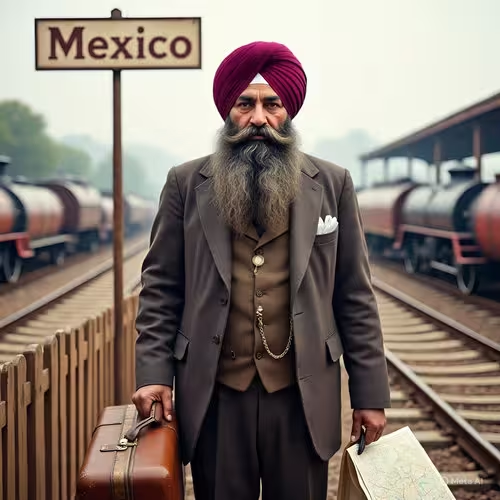
Migration to the United States
In 1905, at the age of 39, Jawala Singh embarked on a arduous journey eastward. He traveled through Central American countries, working in Panama and Mexico before arriving in San Francisco, California, in 1908. This migration path was common for early South Asian immigrants, who often faced perilous conditions and racial prejudice upon arrival. In the US, Singh encountered a growing community of Punjabi Sikhs, many of whom worked in agriculture and railroads. He was invited by fellow Sikh immigrant Vasakha Singh Dadehar (also spelled Visakha Singh) to partner in farming ventures, marking the beginning of his ascent in American agriculture.
Sikh migration to the USA was high during 1900-1924 due to several factors:
Economic opportunities: Many Sikhs were attracted by job opportunities in the USA, particularly in agriculture, lumber mills, and railroads on the West Coast.
Escape from British colonial rule: Some Sikhs sought to escape the economic hardships and political unrest in Punjab under British colonial rule.
Hindu-Ghadar Party influence: The Ghadar Party, a revolutionary organization, encouraged Sikhs to migrate to the USA and participate in the anti-British movement.
loc.org
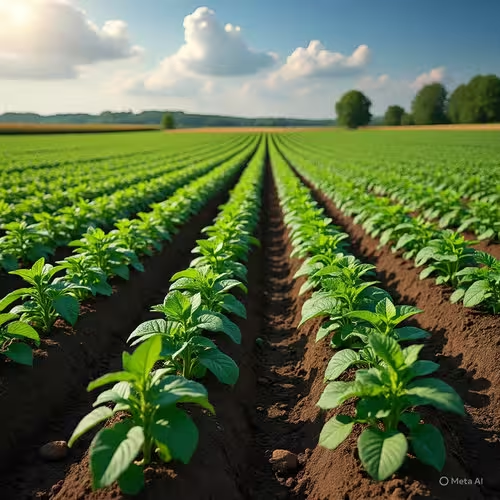
Success in Farming: Earning the 'Potato King' Title
Upon settling in California, Jawala Singh and Vasakha Singh leased a 500-acre ranch near Holt (often referred to as Holtsville or Holt Farm) in the San Joaquin Valley, about 80 km from San Francisco. The land, previously owned by the Holt family (known for manufacturing agricultural machinery), was taken on contract when the owners could no longer maintain it. Joined by other partners like Hazara Singh, Naudh Singh, and later Santokh Singh, they focused on potato cultivation, which proved highly successful
Their innovative farming methods and hard work transformed the Holt Farm into a profitable enterprise. Jawala Singh handled external relations and public dealings, while his partners managed daily operations. The farm’s potato yields were so impressive that Singh earned the moniker “Potato King” of California. This success not only brought financial stability but also made the farm a hub for Punjabi immigrants, offering free langar (community meals), boarding, and employment to those in need. Known as “Bhaian Da Dera” (The Home of Brothers), it became a sanctuary where language barriers dissolved, and community bonds strengthened.
giss.org
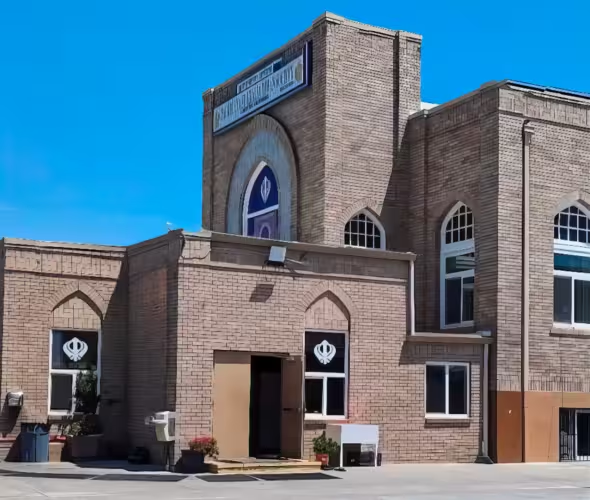
Community Contributions: Education and Religious Institutions
Beyond farming, Jawala Singh was deeply committed to uplifting his community. In 1912, he co-founded the Pacific Coast Khalsa Diwan Society, which established the first Sikh Gurdwara in the United States in Stockton, California. Located at 1930 South Grant Street, the Gurdwara served as a spiritual, social, and cultural center for early Sikh settlers. Singh and Vasakha Singh acted as its first Granthis (scripture readers), and the site hosted large gatherings, including celebrations of Guru Nanak’s birth anniversary. Today, it is recognized as a California Historical Landmark, symbolizing the roots of Sikhism in America.
Singh also prioritized education, forging ties with the University of California, Berkeley. On January 1, 1912, he announced the Sri Guru Gobind Singh Educational Scholarships for Indian students, open to all communities regardless of religion. These scholarships covered travel, tuition, and living expenses, with recipients housed at the “Guru Nanak Dev Vidyarthi Ashram” in Berkeley. The program sponsored students from diverse backgrounds, but it was discontinued due to financial strains from supporting the Ghadar Movement and the Stockton Gurdwara. Singh’s efforts in education reflected his vision of empowering the next generation of Indian leaders.
Role in the Ghadar Movement
The Ghadar Movement was a revolutionary movement founded by Indian expatriates in the United States and Canada, with the primary goal of overthrowing British rule in India. Baba Jawala Singh was one of the key founders of the Ghadar Party, established on July 15, 1913, in Astoria, Oregon, USA. The party’s initial name was the Pacific Coast Hindustan Association, and its president was Sohan Singh Bhakna.
Jawala Singh’s experiences with racism in the US—such as discriminatory laws and attacks on Indian immigrants—fueled his passion for India’s independence from British rule. The Holt Farm became a pivotal nursery for the Ghadar Movement, a revolutionary effort to overthrow colonial rule. Influenced by figures like Tarak Nath Das and Lala Hardayal, Singh hosted secret meetings, training sessions, and planning for armed rebellion. The farm provided logistics, including food supplies for langar, and even facilitated bomb-making and weapon training.
As a major financier, Singh donated his entire property to the Ghadar Party. He served as the first Vice-President of the party and organized key conferences, such as one in Sacramento on December 31, 1913. In August 1914, during World War I, he sailed to India aboard the S.S. Korea to join the Ghadar Mutiny, arriving in Kolkata on October 29, 1914. Arrested upon arrival, he was tried in the Lahore Conspiracy Case and sentenced to life imprisonment on September 13, 1915, with forfeiture of his property. He endured 18 years in Montgomery jail before his release in 1933
Later Years and Legacy
Upon release, Singh continued advocating for farmers’ and workers’ rights. He became the first President of the Punjab Kisan Sabha, leading peasant movements in the Nili Bar region (covering Multan and Montgomery districts). He worked with the Desh Bhagat Pariwar Sahaik Committee to support families of freedom fighters, edited the newspaper “Kirti,” and was rearrested in 1935 for his activities, serving another year in prison.
Tragically, on May 8, 1938, while traveling to the All-India Kisan Sabha conference in Comilla, Bengal (now in Bangladesh), Singh died from injuries sustained in a bus accident at the age of 72.
Baba Jawala Singh’s legacy endures as a symbol of Sikh entrepreneurship, community service, and revolutionary zeal. His Holt Farm nurtured not just crops but the seeds of freedom, inspiring generations of Sikhs in the US and beyond. As a founder of enduring institutions and a fighter against colonialism, he remains a cornerstone in the history of the global Sikh diaspora.
AllAboutSikhs



